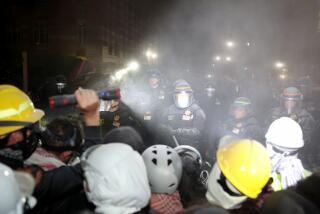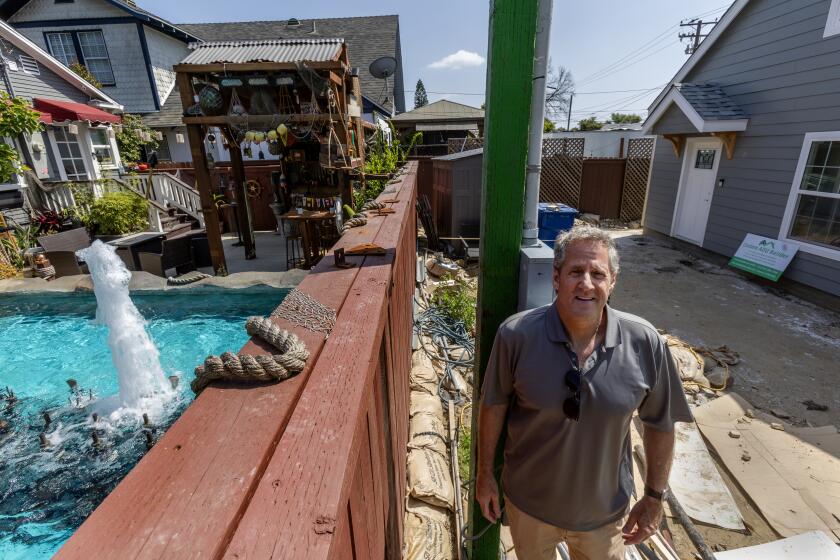Wake-Up Call on Translation
It will be up to a court to decide whether Mission Community Medical Center in Panorama City provided adequate translation services when a Spanish-speaking man sought emergency medical treatment there in 1997. San Fernando Valley Neighborhood Legal Services and the Western Center on Law and Poverty have filed a lawsuit on behalf of the man’s son, who also does not understand English and who claims he was pressed to sign forms that affected where his father could be treated and who would pay the bill. The hospital claims a Spanish-speaking employee was present with the family.
But the suit itself should serve as a wake-up call for all hospitals in the San Fernando Valley to examine whether they are complying with state and federal laws mandating language services for non-English-speaking patients.
A similar lawsuit served as a catalyst for the Los Angeles Police Department. In 1995, an elderly Korean man who went for a walk and couldn’t find his way home was picked up by police officers. Because the officers could not understand Korean, they released him alone to the streets, where he was beaten and robbed.
A later lawsuit was settled for a minimal amount but had the larger impact of pressing the Police Commission to adopt a comprehensive language policy. The policy outlined protocols for dealing with non-English speakers and expanded the recruitment and compensation of bilingual employees.
Hospitals can and do adopt similar plans. Kaiser Permanente’s California system, for example, four years ago installed Spanish- and Cantonese-language appointment phones and is moving to establish a center to translate materials. When no one is available to interpret, doctors and nurses are instructed to use AT&T;’s telephone translation service. Patients can point to their language on an AT&T; translation card and the health-care worker can call interpreters.
Advocacy groups have pressed the California state auditor to investigate whether county hospitals are complying with a 1973 state law requiring them to provide interpreters and standardized forms in languages spoken by their clients. A separate California law requires hospitals serving a population that is 5% or more bilingual to provide translating services. And federal law applies to hospitals that use federal funding such as Medicaid and Medicare.
Anyone who’s been a patient or had a loved one hospitalized knows how hard it can be to understand a complicated diagnosis or even simple instructions in the midst of panic and pain. That’s why it’s crucial to find someone who can translate medicalese into plain Spanish, Korean or Lao.
More to Read
Start your day right
Sign up for Essential California for news, features and recommendations from the L.A. Times and beyond in your inbox six days a week.
You may occasionally receive promotional content from the Los Angeles Times.






